Geoffrey Hinton, a 75-year-old computer scientist, and cognitive psychologist who is widely known as the godfather of artificial intelligence (AI), has resigned from Google, warning about the growing dangers from developments in the field. In a statement to the New York Times, he said he now regrets his work and that some of the dangers of AI chatbots are “quite scary”.
Hinton’s pioneering research on neural networks and deep learning has paved the way for current AI systems like ChatGPT. In artificial intelligence, neural networks are systems that are similar to the human brain in the way they learn and process information. They enable AIs to learn from experience, as a person would. This is called deep learning.
Hinton’s resignation comes as he warns that chatbots could soon overtake the level of information that a human brain holds. “Right now, what we’re seeing is things like GPT-4 eclipse a person in the amount of general knowledge it has and it eclipses them by a long way. In terms of reasoning, it’s not as good, but it does already do simple reasoning,” he said.
“And given the rate of progress, we expect things to get better quite fast. So we need to worry about that.”
In the New York Times article, Dr Hinton referred to “bad actors” who would try to use AI for “bad things”. When asked by the BBC to elaborate on this, he replied: “This is just a kind of worst-case scenario, kind of a nightmare scenario. You can imagine, for example, some bad actor like [Russian President Vladimir] Putin decided to give robots the ability to create their sub-goals.”
The scientist warned that this eventually might “create sub-goals like ‘I need to get more power'”. He added: “I’ve come to the conclusion that the kind of intelligence we’re developing is very different from the intelligence we have. We’re biological systems and these are digital systems. And the big difference is that with digital systems, you have many copies of the same set of weights, the same model of the world.”
Hinton joins a growing number of experts who have expressed concerns about AI – both the speed at which it is developing and the direction in which it is going. In March, an open letter – co-signed by dozens of people in the AI field, including tech billionaire Elon Musk – called for a pause on all developments more advanced than the current version of AI chatbot ChatGPT so robust safety measures could be designed and implemented.
While Hinton thinks AI will deliver many more benefits than risks in the short term, he emphasized the need for the world to invest heavily and urgently in AI safety and control. Matt Clifford, the chairman of the UK’s Advanced Research and Invention Agency, also speaking in a personal capacity, told the BBC that Dr Hinton’s announcement “underlines the rate at which AI capabilities are accelerating”.
“There’s an enormous upside from this technology, but it’s essential that the world invests heavily and urgently in AI safety and control,” he said.
The world needs to take Hinton’s warning seriously and work to ensure that AI is developed in a responsible manner that takes into account its potential dangers. While we should not stop developing AI, we should ensure that we are doing so with appropriate safeguards in place.
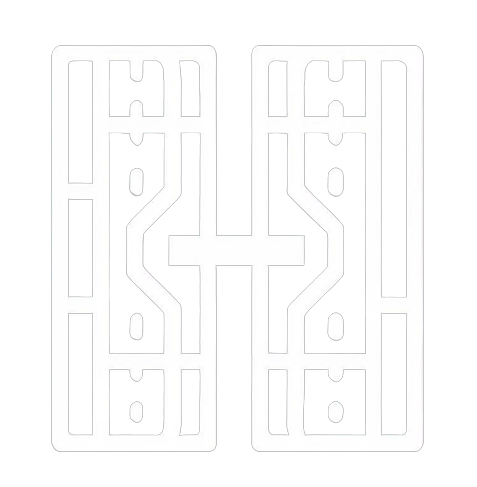
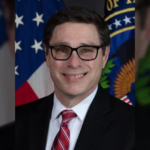


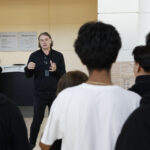



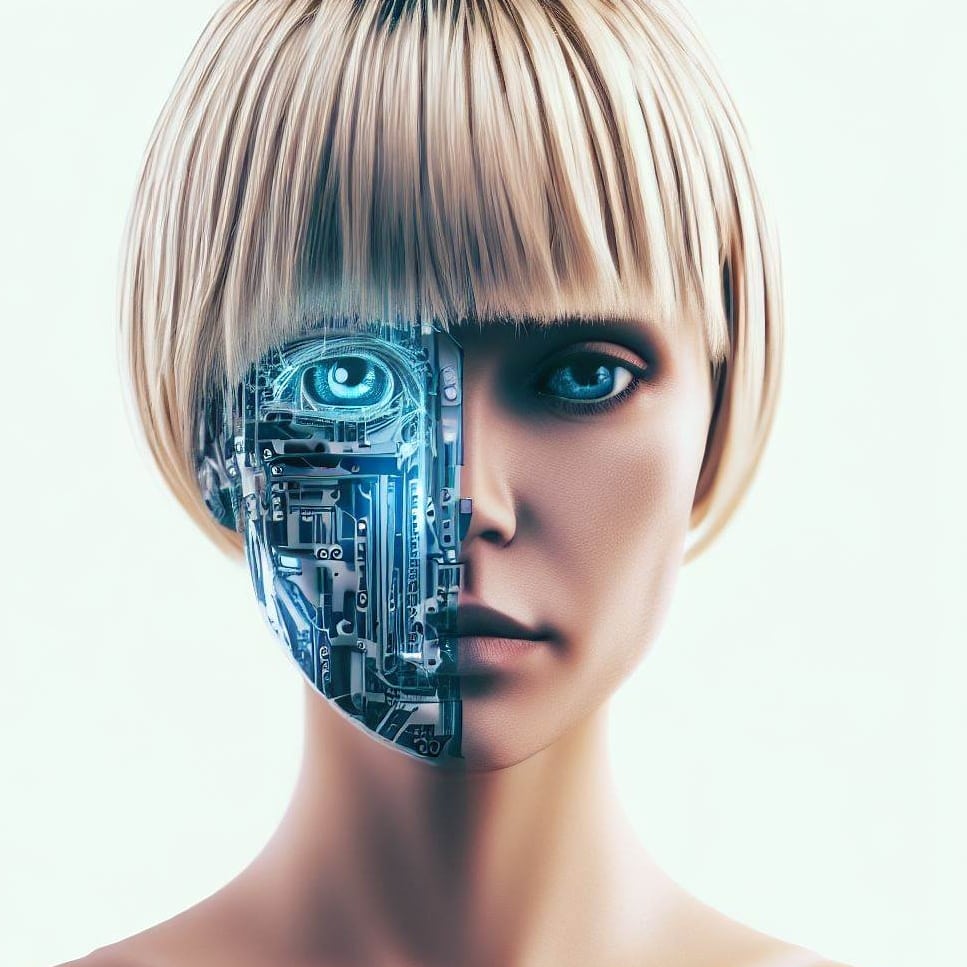

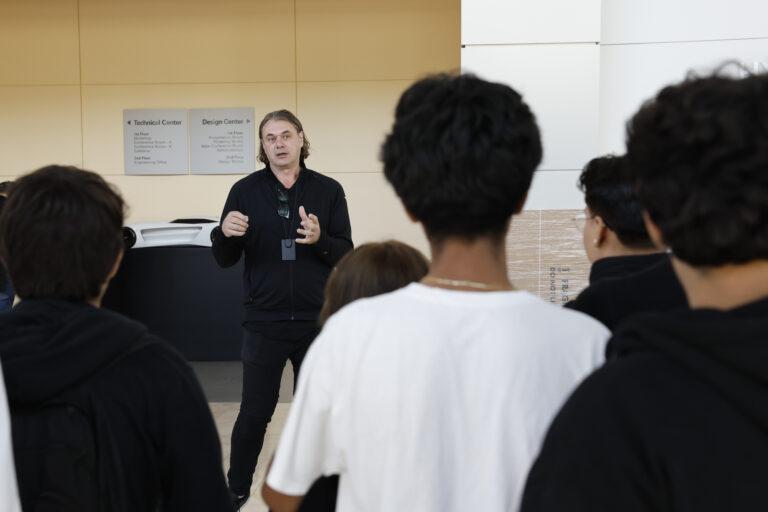



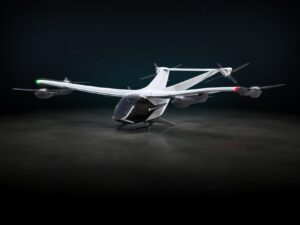
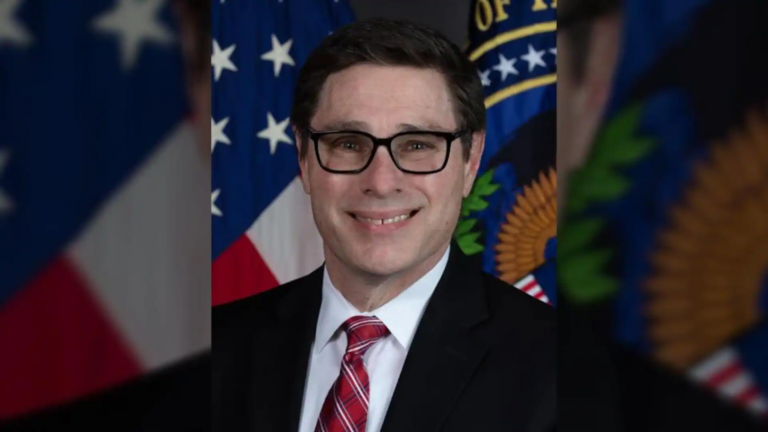
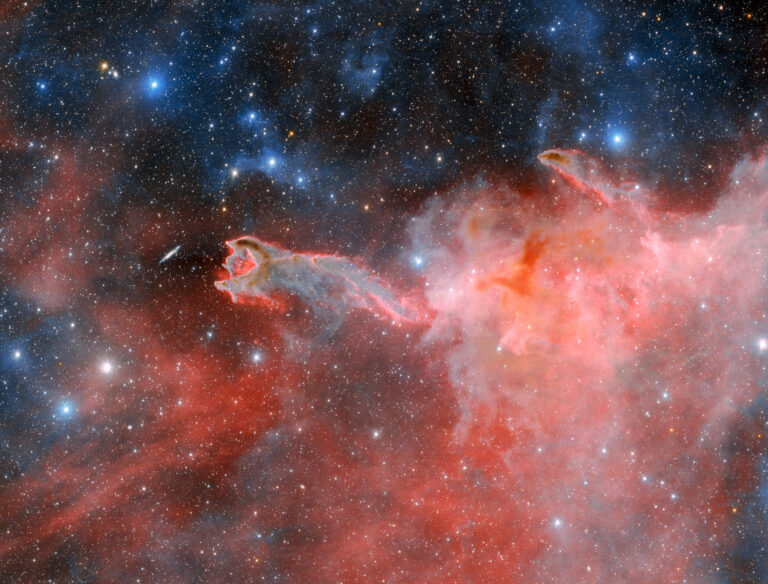
+ There are no comments
Add yours